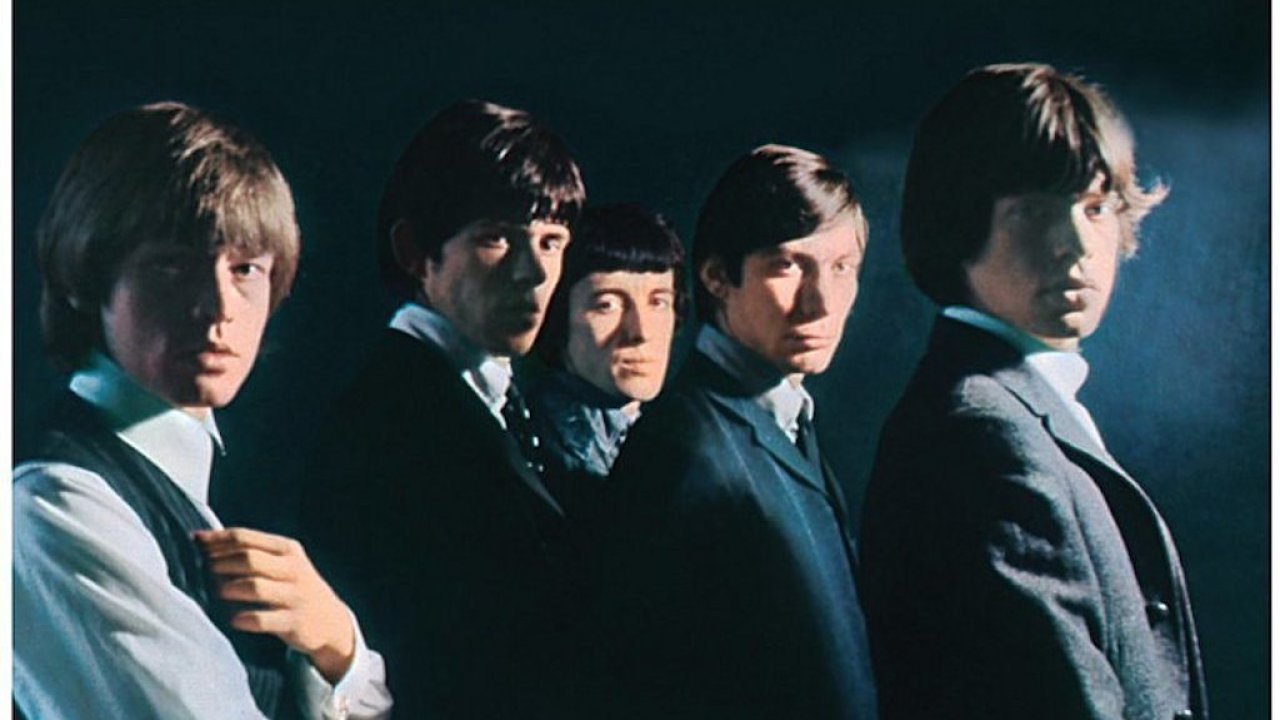The Rolling Stones The Rolling Stones (Decca, 1964)
Stop for a second and consider how many performers have incorporated the Jagger swagger into their onstage act. Then think about the number of guitarists that’ve based their sound on Keith Richards’ open-tuned style of playing. Factor in the rhythm section of Bill Wyman and Charlie Watts, who made an entire generation of kids want to move. Add to that the absolute vision of founding member and original band leader Brian Jones, and what you’re left with is the first definitive rock ‘n’ roll band, and the blueprint for every blues based, hard rock act that followed.
Recorded in just five days, and produced by then-managers Andrew Loog Oldham and Eric Easton, the self-titled debut album by The Rolling Stones became the first non-Beatles album in almost a year to top the charts, and it stayed at number one for 12 weeks before The Beatles reclaimed their throne following the release of their next album A Hard Day’s Night. This will give you a clear idea of the musical landscape during this time – it was all about The Beatles and The Stones.
Whereas The Beatles took a lot of early influence from soul and rock n roll (both bands shared a mutual appreciation of Motown, Chuck Berry and Buddy Holly) The Stones were inspired more by rhythm and blues musicians such as Muddy Waters, Jimmy Reed and Slim Harpo. Much like The Beatles, the first few releases by The Stones relied heavily on covers - the Jagger/Richards song-writing partnership wouldn’t reveal itself as one of the major creative forces in twentieth century music until the band’s fourth release Aftermath (1966). But even on an album consisting almost entirely of covers, the band’s raw talent was evident.
Considering they’d never been to the States as well, their take on African American R&B was astonishingly authentic and unlike anything else around in British in 1964. They stumbled upon the formula early on (take a blues song, make it harder, faster and nastier) and stuck to it until they were confident enough to release full albums of their own material - releasing collections of covers hadn’t done Elvis Presley any harm after all. And the frenzy and fervour captured on The Rolling Stones made it the raunchiest rock ‘n’ roll record to emerge during the early Sixties blues boom. The sheer arrogance of the band had a seismic impact on popular culture too, and their vitality and attitude booted open the doors for rock n roll rogues like Aerosmith, Guns N Roses, Sex Pistols and Oasis to reap havoc down the line.
Although they haven’t put out a decent full-length album in decades, the fact they’re still going strong after fifty years as a band is nothing short of a miracle. They’re still the biggest rock n roll band in the world, and there’ll never be another one like them. Thank god for the devil, and The Rolling Stones for bringing us his music.

